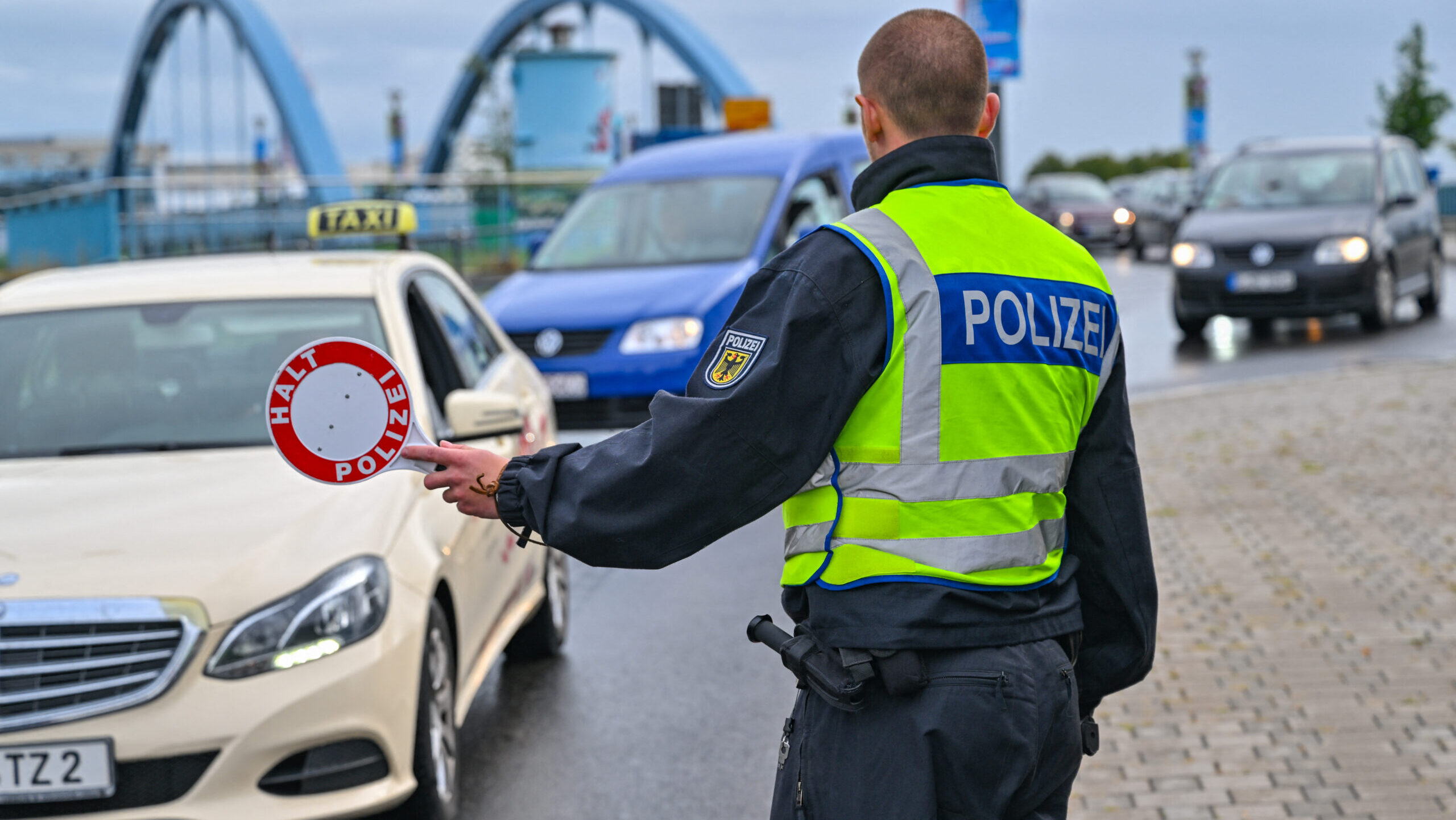Earlier this week, the German federal government made a decision that, given Germany’s migration policy approach over the past decade, comes as a surprise: Berlin has reintroduced border controls along its entire border. This means that entry into Germany from Austria, the Netherlands, the Czech Republic, Poland, Denmark, France, Belgium, Luxembourg, and Switzerland is now only possible under strict border control procedures.
‘We are strengthening our internal security and we are continuing our tough stance against irregular migration,’ Interior Minister Nancy Faeser stated at a news conference on Monday. Full border control will be reintroduced on 16 September.
Germany has recently been shaken by a series of crimes committed by illegal immigrants or individuals with an immigrant background. Last month, a deadly knife attack in Solingen claimed the lives of three people, with the perpetrator identified as a Syrian asylum-seeker who claimed to be inspired by the Islamic State group. More recently, police in Munich exchanged gunfire with an armed man near the Israeli Consulate, fatally wounding him. Authorities believe he was planning an attack on the consulate to mark the 52nd anniversary of the 1972 Munich Olympics attack, according to Associated Press.
The German government’s decade-long open borders policy is now taking its full toll, with political consequences becoming increasingly evident—most notably, the rise of the Alternative for Germany (AfD) party. Chancellor Olaf Scholz, of course, is clearly attempting to mitigate these effects. It’s worth noting that Hungarian Prime Minister Viktor Orbán, since the 2015 migration crisis, has consistently advocated for and implemented a southern border barrier to curb illegal migration, despite receiving heavy criticism from other EU member states, many of whom—like Germany—are now following his example. While this is a topic worthy of its own discussion, the focus here is on the broader threat illegal migration poses to the future of the Schengen area.
The Relation Between Illegal Migration and Schengen
The German border closure is particularly concerning in this context, as it reintroduces controls at the ‘tripoint’ between Germany, France, and the Benelux countries—the core of the original Schengen Area. Beyond its symbolic significance, this measure will deeply affect the daily lives of those living in these regions. In many areas along these borders, at least one in ten inhabitants commute to neighbouring countries for work, according to Euractiv.
The Schengen Area, established in 1995 and now encompassing 29 European countries, allows for the free movement of people and goods without border controls. Around 1.7 million people commute across European borders for work each day, and in some regions, these cross-border commuters make up as much as a third of the workforce. For instance, 2.1 per cent of Hungary’s workforce is employed in another country, primarily Austria and Slovakia. This seamless movement is a critical aspect of life in many European regions, and changes to border policies can significantly impact daily routines and economic dynamics.
The German government has stated that it is aiming to implement border controls in a way that minimizes the impact on commuters’ daily lives. In practice, this means that not every vehicle will be stopped and checked at the border. Instead, authorities will focus on vehicles suspected of involvement in human smuggling or cross-border crime.
‘This, in turn, will negatively affect the growth of the European economy and further undermine Europe’s already struggling competitiveness’
Germany is not the only EU country to enhance border controls in response to increased migratory pressure. Austria has reinstated checks at its borders with Slovakia, the Czech Republic, Slovenia, and Hungary, citing strains on its asylum system and security concerns related to the Ukraine conflict. These controls will remain in place until mid-November or December 2024, depending on the border. France has also implemented border checks with Schengen countries until 31 October, citing pressures on its asylum system and heightened terrorism threats. Additionally, Norway—though not an EU member but part of the Schengen area—along with Slovenia, Sweden, and Finland has also decided to reinforce border control measures.
Hungarian Secretary of State for International Communication and Relations Zoltán Kovács recently spoke at a conference organized by the Danube Institute, warning that the increasing pressure of illegal migration is prompting more and more countries to reintroduce border controls, which ultimately threatens the future of the Schengen area. He pointed out that if internal border checks—with the emphasis on internal—become common practice in the majority of Member States, the achievements and benefits of the Schengen agreement will gradually erode, rendering the zone meaningless. This, in turn, will negatively affect the growth of the European economy and further undermine Europe’s already struggling competitiveness.
The Solution Is Already There
The consequences of a complete border closure were made painfully clear during the coronavirus pandemic, and everything must be done to avoid a repeat. Closing internal borders, however, will also have equally damaging effects. Despite this, the European Union, seemingly having learned nothing from the experiences of the past decade, continues to adopt the same flawed approach to migration: mandatory quotas and distribution. Yet a practical solution doesn’t require looking far, not even beyond the borders of the EU.
Hungary has long advocated for and implemented the protection of its external borders. The Hungarian position is clear: we cannot address the challenges posed by the influx of people arriving in Europe simply by taking them in. Instead, efforts must focus on preventing people from wanting to migrate to Europe in the first place by creating a livable and prosperous environment in their countries of origin. Furthermore, the protection of the EU’s external borders must be reinforced to ensure that extremist Islamists and other people who can possibly pose a threat cannot enter the EU. The solution is both obvious and straightforward—and already in practice. It offers a way to address migration challenges without undermining one of the EU’s greatest achievements and assets: the Schengen area.
Related articles:








